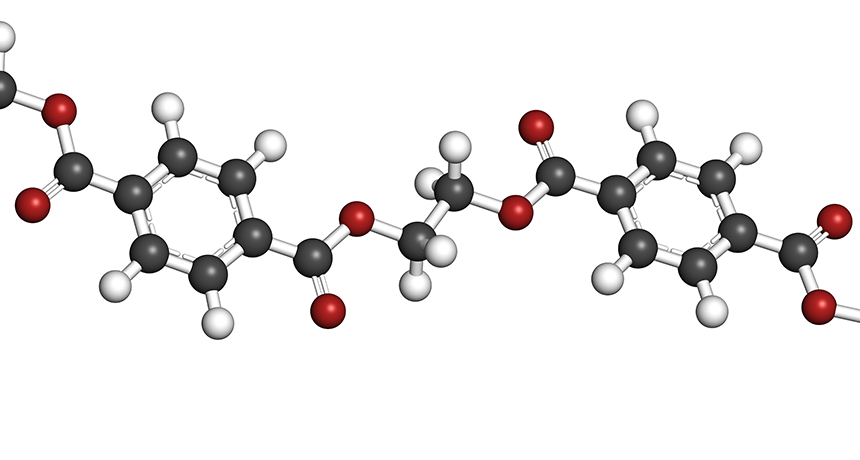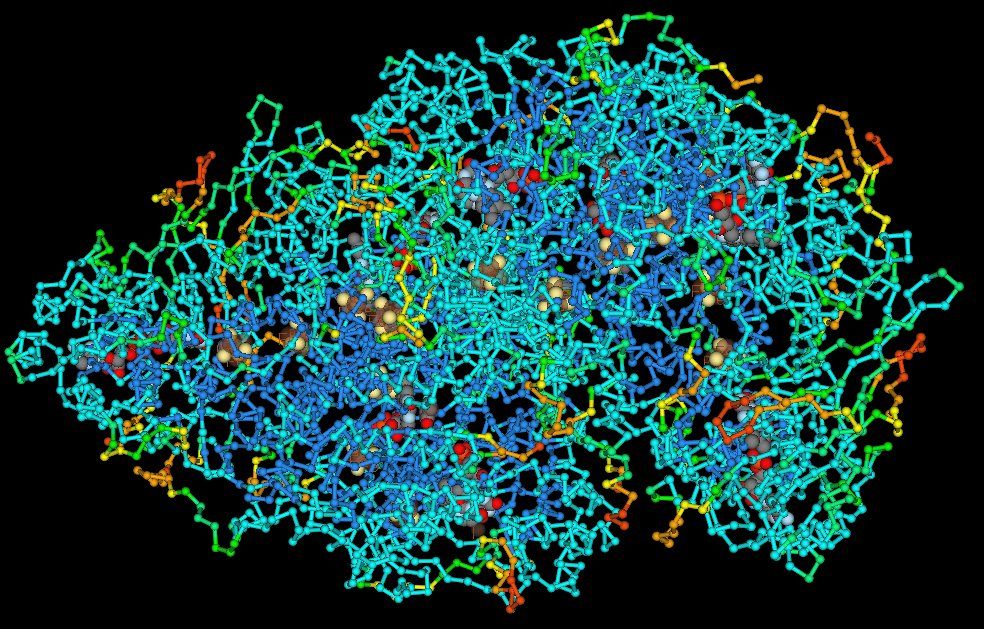Polymers in Building: Stronger, Less heavy, and More Resilient
Polymers in Building: Stronger, Less heavy, and More Resilient
Blog Article
Optimizing the Prospective of Polymers: Discover the Diverse Benefits and Practical Uses
The complex advantages and functional usages of polymers continue to evolve, offering innovative solutions to complex difficulties. By exploring how polymers can improve item longevity, drive sustainability efforts, change health care solutions, and pave the way for future technical improvements, we can discover a world of possibilities waiting to be used.
Value of Polymers in Modern Industries
Polymers play an essential duty in contemporary sectors, offering as versatile materials that drive advancement and effectiveness across a vast variety of sectors. The electronics market advantages from the shielding residential properties of polymers, vital for manufacturing circuit boards and digital devices. Their versatility, toughness, and cost-effectiveness make polymers important in modern production procedures, fostering advancements and driving progress in different sectors worldwide.
Enhancing Item Toughness With Polymers
With a focus on long life and durability, integrating sophisticated polymer modern technologies into item layout has ended up being a keystone of boosting sturdiness in modern production procedures. Polymers supply a vast array of properties that add to the overall resilience of items. One key benefit is their resistance to corrosion, chemicals, and weathering, making them excellent for use in numerous industries where exposure to rough problems is usual.
Furthermore, polymers can be customized to meet particular toughness needs, permitting manufacturers to customize products according to their planned use and anticipated life expectancy. By incorporating polymers right into product elements, producers can boost stamina and effect resistance, reducing the probability of breakage or wear gradually.
Furthermore, polymers are lightweight yet strong, providing longevity without including unnecessary weight to products. This particular is particularly useful in markets such as aerospace and vehicle, where lightweight products are crucial for boosting fuel efficiency and general efficiency.
Sustainability Innovations With Polymer Innovation
In the world of contemporary production and product style, the innovative application of polymers is driving considerable developments in sustainability practices. Polymer innovation plays a vital role in boosting sustainability by using services that reduce ecological influence across different markets.
Additionally, improvements in polymer modern technology have led to the creation of bio-based and sustainable polymers, originated from natural resources such as plants, that provide an even more lasting option to typical petroleum-based plastics. These environment-friendly polymers not just help in reducing reliance on nonrenewable fuel sources yet also lower greenhouse gas emissions throughout production. browse around this site By incorporating these innovative polymers right into making processes, business can reduce their environmental footprint and move in the direction of even more lasting techniques, straightening with worldwide efforts to fight climate modification and advertise a circular economic situation.
Polymers in Healthcare: Revolutionizing Medical Solutions

One of the essential locations where polymers are making significant strides is in the advancement of targeted medicine distribution systems. By enveloping medications within polymeric nanoparticles or micelles, researchers can improve medication stability, boost bioavailability, and enable controlled launch, leading to a lot more efficient therapy regimens with lowered negative effects.
In addition, polymers contribute in the area of regenerative medicine, where they are used to create scaffolds that simulate the extracellular matrix, providing support for go to this website cell development and cells regeneration. This technology holds enormous promise for repairing damaged organs, advertising wound healing, and advancing customized medicine approaches.
Fundamentally, the combination of polymers in healthcare is driving development, boosting therapy efficacy, and inevitably boosting patient outcomes in methods formerly believed unattainable.
Future Applications and Innovations in Polymer Innovation
Advancing at the center of scientific exploration, polymer innovation proceeds to pave the way for groundbreaking applications and innovations shaping varied sectors. In addition, polymer nanocomposites are improving the mechanical and thermal residential properties of products, leading to stronger and lighter components in aerospace and auto industries. Looking ahead, scientists are exploring the capacity of shape-memory polymers for applications in robotics and biomedical devices, these details where materials that can "remember" and revert to their original shapes offer exciting possibilities for technology.
Conclusion

Report this page